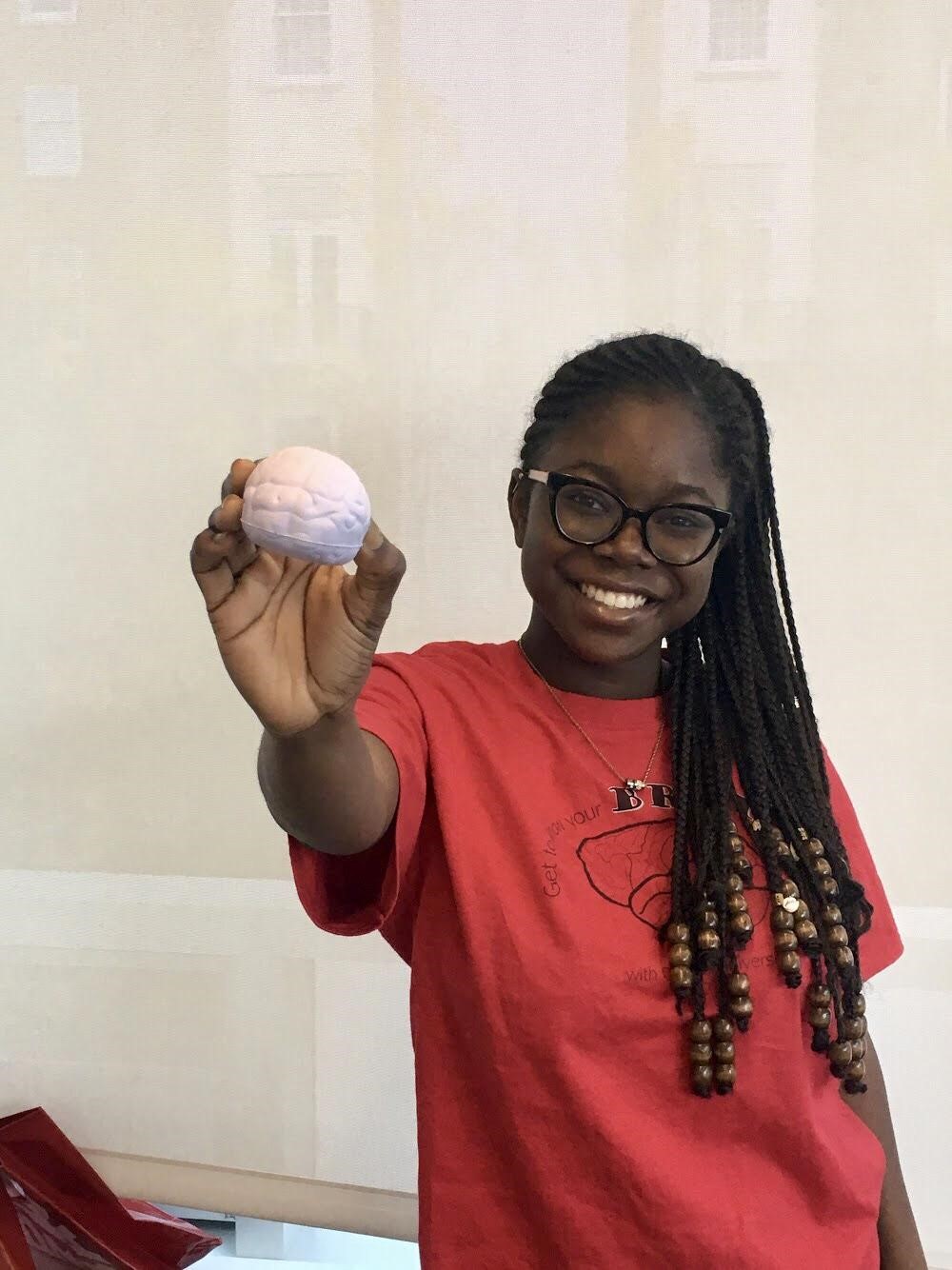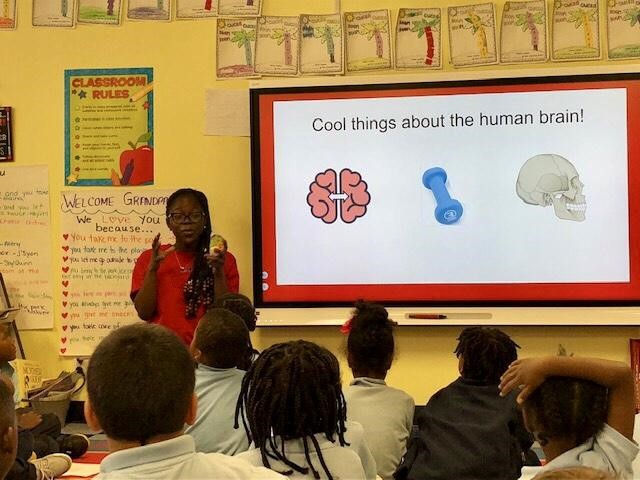Doing research that is connected to who I am
Adjoa Fosuhema-Kordie, PRYDE Scholar
Practically since the moment I stepped onto Cornell’s campus, people have stressed the importance of getting involved in research. Time and time again advisors and upperclassmen would talk about how vital it was to get into research and how it was an essential part of the college experience. Despite the constant reminder, I was not drawn to research. When I thought of research, a very stereotypical idea came to my mind. I imagined myself in a lab wearing a white coat repeating some mundane task like pipetting. I imagined myself having to work with fruit flies and rats. Even more discouraging, I was not interested in doing research that I felt would be disconnected from my everyday experiences. I felt this immense disconnect from the idea of research and decided I might have to forgo research in my college experience -- but then along came PRYDE.
When I received the email about PRYDE, I had no idea what translational research was and how it was different from other types of research. But I knew I was interested in working with youth in the future so I decided to look into the program. I started exploring the PRYDE website and the one theme that recurred throughout was that the research that was aimed at addressing real-world problems in tangible and impactful ways. But what particularly grabbed my interest was a quote from a PRYDE scholar. She stated that she felt bad that other people doing research on campus did not get to see their research applied. I knew then I had to apply.
However, even after getting accepted into the program, I was still somewhat hesitant about research. I did not know what would be expected of me as an undergraduate research assistant but also I was not sure how connected I would feel to the specific research project I was assigned to. All my fears and hesitation disappeared once the project started to pick up pace. My lab is working on teaching K-5th grade students at the Syracuse Academy Science about purpose and growth mindset as a way to explore how fostering a sense of agency over brain development and a brain-growth perspective impacts academic achievement and socioemotional development,
Once a month, we go up to Syracuse and have “Get to Know Your Brain Days,” After our first visit, I realized just how great an impact our project could have. We had a debriefing with the principal and she informed us that many of the students come from low socioeconomic backgrounds and live at the poverty level. Despite all the barriers, these children were exceptionally smart. She emphasized how attending college was not just an idea, but rather an expectation for all the students, even at such young ages. This struck a chord with me because I saw myself in the students. Like them, I come from a low socioeconomic background and I understand what it is like growing up without all the resources necessary for success.
A key part in my success and ability to be at an institution like Cornell are the people who made it their mission to instill the importance of education in me and to help me succeed in spite of the odds. I am so grateful that PRYDE has granted me the opportunity to do that very thing for these students. I am grateful that being a PRYDE Scholar means that I am now a part of a community that is working to ensure that these children know they have agency over their development and life course. In just the few months I have been a PRYDE scholar, I have learned the true power and impact of translational research. I am so grateful that my first research experience is something that is so tied and connected to who I am.



